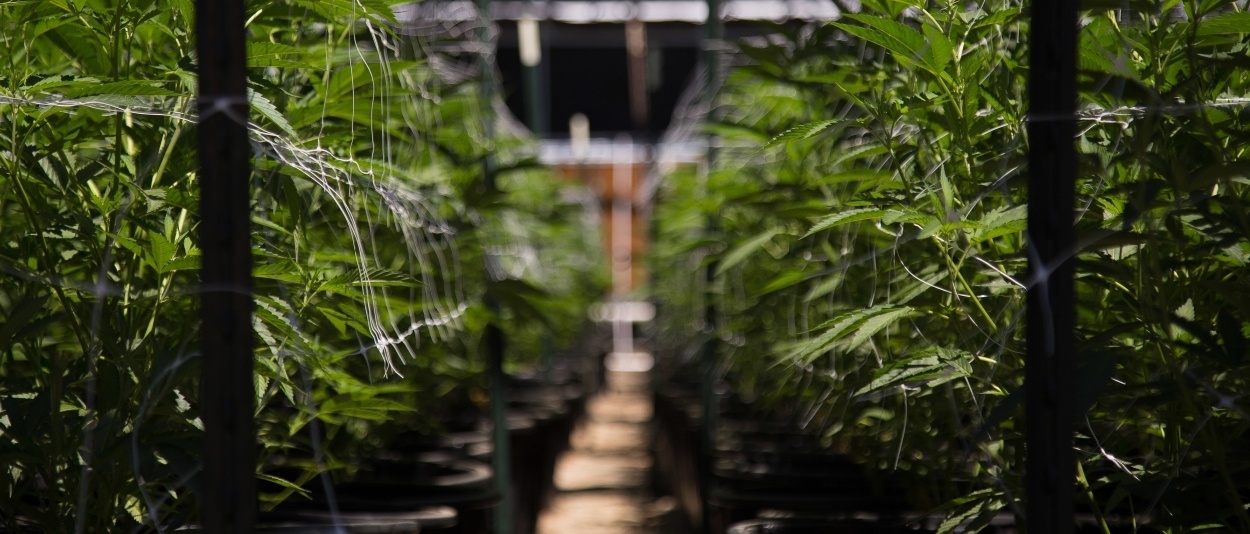- What We Do
- Cannabis
Overview
Foster Garvey attorneys have significant experience in both complex legal and business matters. We value innovation and entrepreneurship, and closely monitor industry trends. It is with these values in mind that our firm established its Cannabis group. This team is committed to helping our clients achieve their business goals in this rapidly changing area of law.
Licensed marijuana and marijuana-related businesses in Washington and Oregon face extraordinary legal challenges. Not only are these businesses burdened with challenges inherent in any new industry, but also must comply with onerous state and local regulations, as well as uncertainty resulting from federal law. In no other industry is sound and experienced legal counsel more imperative. Foster Garvey, with approximately 180 attorneys across six offices, possesses the deep and diverse industry experience required to grow with your business within this industry.
We offer a comprehensive legal platform that provides access to lawyers with extensive capabilities in a range of practices, such as regulatory compliance, marijuana licensing, business finance, contracts, labor and employment, health care, real estate, intellectual property, litigation and dispute resolution, technology transactions and tax. To learn more about important legal developments and other matters of concern, please subscribe to our blog, Cannabis Business Blog.
Legal Services
The Foster Garvey Cannabis group provides marijuana and marijuana-related clients a full-range of legal services, including:
-
- Regulatory compliance
- Corporate finance and securities
- Corporate governance
- Contracts
- Real estate
- Asset protection planning
- Intellectual property and technology
- Federal, state and local tax
- Labor and employment matters
- Litigation and dispute resolution
- Products liability
Warning Regarding Federal Law
The possession, distribution and manufacturing of marijuana is illegal under federal law, regardless of state law which may, in some jurisdictions, decriminalize such activity under certain circumstances. Penalties for violating federal drug laws are very serious. For example, a conviction on a charge of conspiracy to sell drugs carries a mandatory minimum prison term of five years for a first offense and, depending on the quantity of marijuana involved, the fine for such a conviction could be as high as $10 million. In addition, the federal government may seize, and seek the civil forfeiture of, the real or personal property used to facilitate the sale of marijuana as well as the money or other proceeds from the sale. Although the U.S. Department of Justice (DOJ) recently rescinded its guidance regarding prioritization of criminal prosecutions of individuals and entities operating in compliance with effective state regulatory systems, DOJ left in place long-standing guidance to federal prosecutors regarding how to exercise this discretion. Individuals and companies are cautioned to consult with experienced attorneys regarding their exposure to potential criminal prosecution before establishing business operations in reliance upon the passage of state laws which may decriminalize such activity. Federal authority to prosecute violations of federal law as crimes or through seizures and forfeiture actions is not diminished by state law. Indeed, due to the federal government’s jurisdiction over interstate commerce, when businesses provide services to marijuana producers, processors or distributors located in multiple states, they potentially face a higher level of scrutiny from federal authorities than do their customers with local operations.











